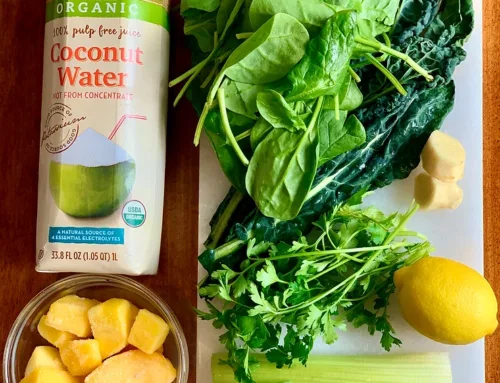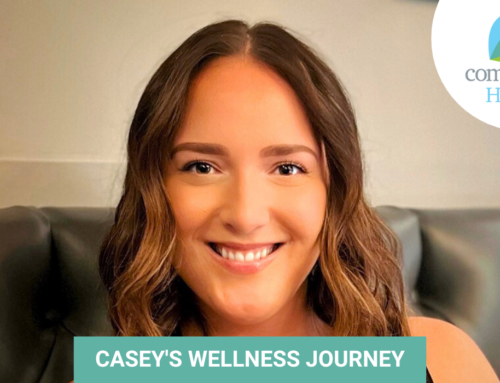
Finally! A diet that works.
A “diet” that works.
Diets don’t work. Yes, you read that right. And I know I’m totally contradicting the title of this post—but stay with me, please, and I pinky promise this will make sense.
The definition of diet
Diet, by definition, means the kinds of food that a person, animal, or community habitually eats. It can also mean a special course of food to which one restricts oneself, either to lose weight or for medical reasons.
And that second line, my friends, is where the problem lies. Well most of it, that is.
You see, diets aren’t sustainable. They can be too restrictive. And oftentimes, they are not balanced enough to provide the right mix of micro and macronutrients our bodies require for optimal performance.
Looking for the healthiest diet plan?
Sometimes we want to grasp onto things—like a specific diet that everyone seems to be doing.
For a while it was Whole30, a 30 day plan where you cut out all gluten, dairy, grains, sugar, alcohol, legumes and alcohol. But what if gluten doesn’t bother you? Shouldn’t you consume whole wheat? How about legumes and all of their plant-based protein, lest us forget fiber.
Then there was keto, a plan where you get more calories from protein and fat and less from carbohydrates. You cut back most on the carbs that are easy to digest, like sugar, soda, pastries, and white bread. Oftentimes people following a ketogenic diet eat meals that consist of very few (if any fruits) and barely any vegetables. And you call that healthy?
Let’s not forget the “you eat what I eat” where you follow someone on social media or in a plan that you buy and eat everything that they do. Is it just me, or does this just not sound right?
The reality is, what works for one likely won’t work for another. We are all wired in our own special way. So if dieting hasn’t worked for you in the past, don’t blame yourself! Yes we can wish that it was that easy – tell me what to eat and I’ll do it and I’ll look/feel great – but the reality is, it just doesn’t work that way.
So what is this diet that works, then?
Have no fear—I DO have good news: ditch the diet and focus on the nutrient density and quality of foods on your plate instead. It’s simple! Follow these simple steps, and see if it doesn’t work for you:
- Eat more plants
- Focus on putting a variety of colorful foods on your plate—no, artificially colored M&M’s and Skittles do not count ;)
- Avoid processed foods and refined oils like vegetable, canola, corn, and soybean
- Minimize sugars and refined grains like white flours, white rice, bread, and pasta
- Buy organic, sustainably grown/sourced food when possible
- Eat reasonable portion sizes
- Consider eating within a 12-hour window
Why am I not losing weight?
Sometimes losing weight requires more than making dietary changes. You can be the cleanest eater, but stress or lack of sleep will wreak havoc on your body. Hormone imbalance or an over- or under-active thyroid can make it difficult to get to where you want to be. And you may suffer from food sensitivities, too.
If you have any of these issues, if you’ve tried sustainable lifestyle changes and you still struggle, perhaps it’s time to check in with a medical professional to see if there is an underlying cause.
Listen to your body to find the right formula for you.
This is for general informational purposes only and does not constitute any practice of medicine or professional health care services of any type. The use of information on this blog is at the user’s own risk. The content of this blog is not intended to be a substitute for professional medical advice, for diagnosis, or for treatment. Please seek the care of your health care professionals for any questions or concerns.


